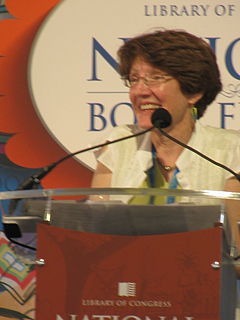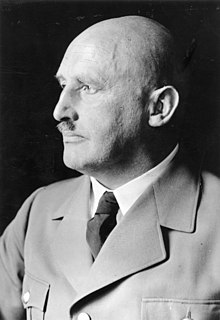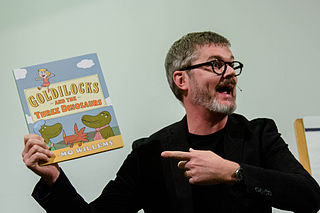A Quote by Italo Calvino
I change my method and field of reference from book to book because I can never believe in the same thing two times running.
Related Quotes
The genius of the Word of God is that it has staying power; it can stand up to repeated exposure. In fact, that's why it is unlike any other book. You may be an expert in a given field. If you read a book in that field two or three times you've got it. But that's never true of the Bible. Read it over and over again, and you'll see things that you've never seen before.
I would have never wanted to write another management book. There are so many of them, and everybody says the same thing about them, and they are all the same - they give the exact same advice. It's like a diet book; they all say eat less calories, exercise more, and every single book has the same conclusion.
Sometimes I read the same books over and over and over. What's great about books is that the stuff inside doesn't change. People say you can't judge a book by its cover but that's not true because it says right on the cover what's inside. And no matter how many times you read that book the words and pictures don't change. You can open and close books a million times and they stay the same. They look the same. They say the same words. The charts and pictures are the same colors. Books are not like people. Books are safe.
Because he did not have time to read every new book in his field, the great Polish anthropologist Bronislaw Malinowski used a simple and efficient method of deciding which ones were worth his attention: Upon receiving a new book, he immediately checked the index to see if his name was cited, and how often. The more "Malinowski" the more compelling the book. No "Malinowski", and he doubted the subject of the book was anthropology at all.
We're at a point nowhere it has to change. We have characters that are not alive that are alive in the book. We have characters that never appeared in the book. We have a lot of events that didn't quite happen the same way in the book. But there's so much in the book, stuff we've passed in the timeline that I really thought was awesome, that I really wanted to get to.
It's so exciting when a book catches traction you didn't even expect (or completely did expect!), and so frustrating when a book never quite catches the traction you know it deserves. But either way it doesn't change the book, it doesn't change how much I love that book, or how thrilled I am to be publishing it.
Wayne Wang, the director of Because of Winn-Dixie the movie, understood the book and transferred as much of the feeling of the book onto film as humanly possible. I think he did a fabulous job. And also I'm thrilled because the movie brings people to the book - people that wouldn't know about the book - and that's a great thing.
I'd say the purest experience for the movie is not to have read the book because I think when you've read the book you're just ticking off boxes. I think that after you see the movie, reading the book is a cool thing. I always say the movie's not meant to replace the book. That's ridiculous. I'm a huge fan of the book.
A book, being a physical object, engenders a certain respect that zipping electrons cannot. Because you cannot turn a book off, because you have to hold it in your hands, because a book sits there, waiting for you, whether you think you want it or not, because of all these things, a book is a friend. It’s not just the content, but the physical being of a book that is there for you always and unconditionally.
If you can find two poems in a book, it could be a pretty good book for you. You know, two poems you really like. There are some poets who are fairly big names in contemporary poetry and who write a book and I might like three or four poems in the book, but the rest of them don't appeal to me personally; but I think that's the way it really ought to be. I think it's really a rare thing to like everything that somebody has written.

































